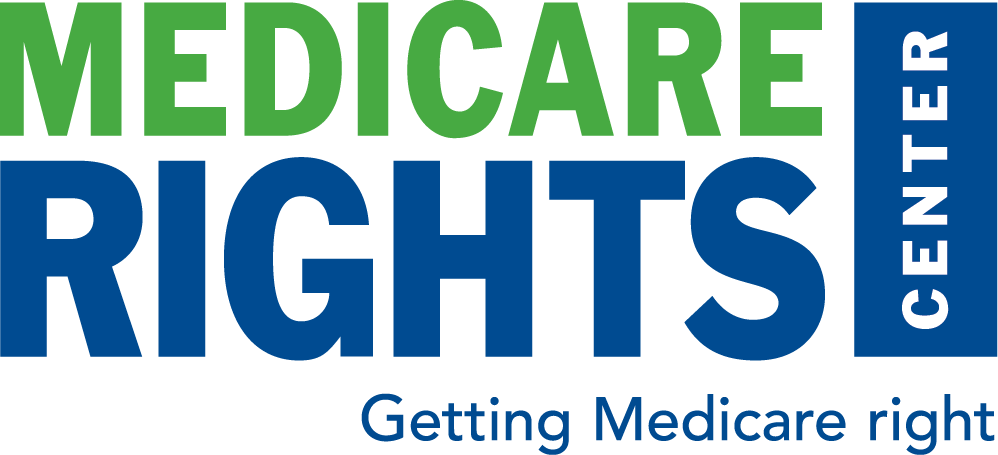
Over the past few weeks, House and Senate Republicans have been meeting to work out the differences between their two tax bills. Recent reports indicate they have reached a deal on the final bill and plan to vote next week. If this timeline holds, the bill could be signed into law before Christmas. Legislative text has yet to be released, but here’s what we know so far about the final bill:
- By adding at least $1 trillion to the national deficit, the tax plan would create short and long-term financing challenges—putting Medicare, Medicaid, and Social Security at risk. In 2018 alone, the tax package would trigger $25 billion in automatic cuts to Medicare. Unless Congress acts to waive these so-called “PAYGO” rules, the cuts would continue every year for the next decade. And the bill paves the way for even steeper cuts in the future. Lawmakers are expected to use rising deficits caused by the tax bill as an excuse to pursue entitlement “reform” as soon as next year—seeking significant “savings” from programs like Medicare under the guise of deficit reduction.
- The tax bill would threaten access to health care for millions of Americans. The negotiated bill is expected to repeal the Affordable Care Act’s individual mandate. According to the nonpartisan Congressional Budget Office, eliminating the mandate would cause 13 million people to lose health coverage, and millions more would face increased premiums. People over age 50, who are not yet eligible for Medicare, would be disproportionately affected by the disruption this change would cause across the health care system.
- The rushed legislative process, lack of transparency, and absence of bipartisanship have contributed to the bill’s flaws. Tax reform impacts every aspect of our economy. Americans deserve careful deliberation and to have their voices heard. We urge Congress to start over on the tax bill, and to commit to a thoughtful, engaged process that provides opportunities for meaningful public input and debate—including Congressional hearings, open comments, multi-stakeholder meetings, and sufficient time for experts and the public to understand any proposed changes.
Importantly—we also know it’s not too late to make a difference! Write your lawmakers today and urge them to reject this flawed bill and process. Insist they return to regular order and that any tax code changes prioritize the health and economic security of people with Medicare and their families.
This article made possible by generous support from the Retirement Research Foundation.
The Latest
Most Read
Add Medicare to Your Inbox
Sign up to receive Medicare news, policy developments, and other useful updates from the Medicare Rights.









